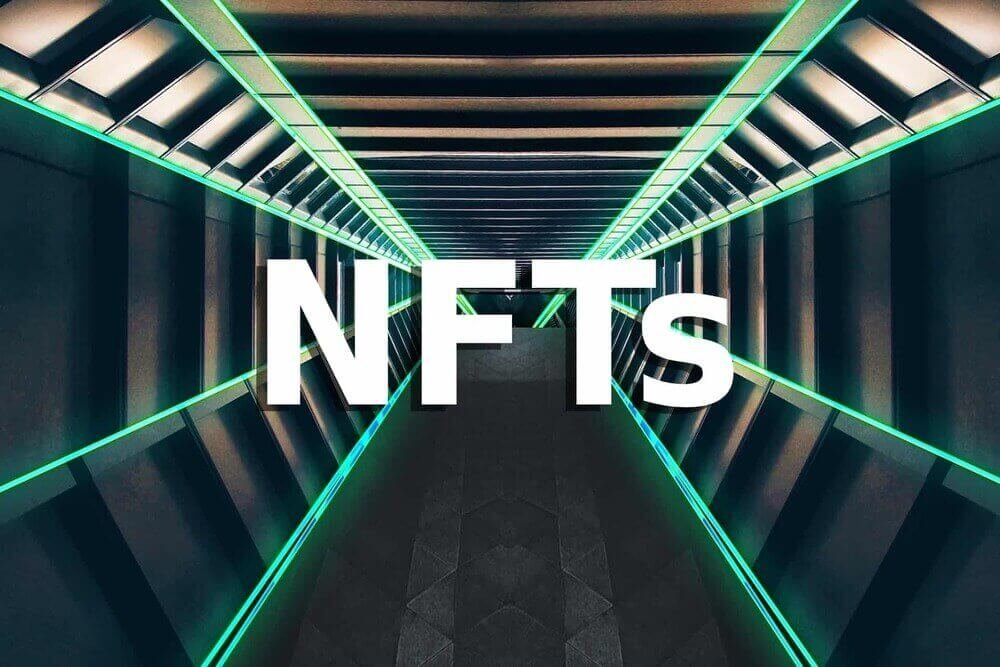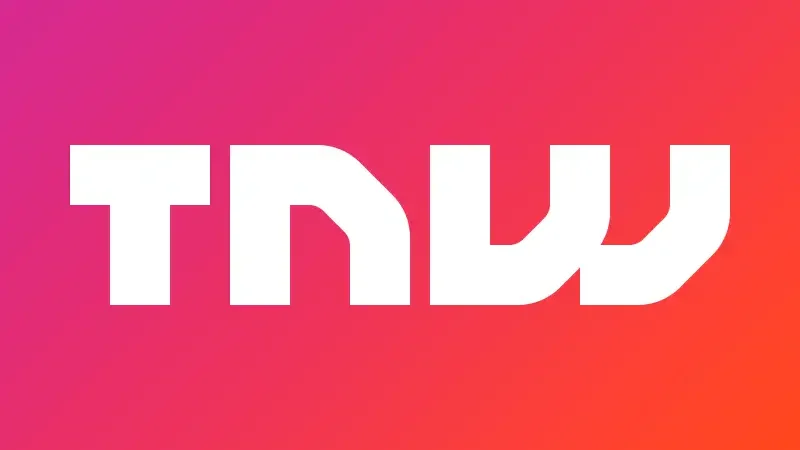NFTs: All You Need to Know About Non-Fungible Tokens.

The crypto universe, riding on the back of blockchain technology, has brought some figures and concepts into play that may seem a bit strange for most of us. One of those is the token: the virtual-world representation of an asset or a property. Even though it may seem somewhat unbelievable, that concept is not new. Just think about the casino tokens —the good old chips—. They are not actual money, but rather a representation of money; you can’t go to the supermarket and pay with it, but once you exchange it, you get actual money. This kind of voucher system is almost as old as legal tender and even nowadays we use them in the physical world in mundane operations in which we exchange coins for a jeton (french for token) such as the ones we use when we go to the car wash.
Now, let’s transpose all of this to the virtual world. The token, then, represents a value, an asset or a specific property in circulation in the crypto universe. With them, we’re able to carry out different types of blockchain operations.
What’s the difference between a token and a non-fungible token?
Continuing with the casino chips example, a token would be each of those chips that represent one same value (for example, one euro). Thus, they are interchangeable and divisible: two 50-cents tokens make a one euro token. But, what would happen if every chip was unique, indivisible and unexchangeable since they all have different values? Then, what we would have would be a non-fungible token; an NFT.
Usually, NFTs are intangible digital assets in the form of images, videos or gaming content.These virtual assets have a property certificate and are greatly responsible for the growth of the metaverse. NFTs are bought and sold using cryptocurrencies such as Bitcoin, Ethereum, Solana, etc.
What can we do with NFTs?
Non-fungible tokens were born and have developed in the virtual creative scene —as for example, in the world of art or video games—, but that doesn’t mean that only artists can use them. Content creators, including actors, courses developers, trainers and even event producers can take advantage of the power of NFTs and monetise digital assets. For example, an author can create a limited edition of books using NFTs and offer readers some added value bonus with resale value on the secondary market.
Like any other market, NFTs are governed by supply and demand. But, unlike any other market, they are confined to BlockChain technology, transactions take place in a decentralised network and NFTs are stored in digital wallets. The uniqueness of NFTs is their main appeal, but that’s not the whole story: NFTs can be highly volatile and they make it easier to carry out fraud schemes. NFTs are designed to offer something that cannot be copied: ownership of work. To put it in terms of physical collectionism, anyone can buy a print of Velázquez’ Las Meninas, but only one person can have the original.
Who can create and sell NFTs?
Anyone with a computer and an internet connection can create their own NFTs and put them up for sale. Now… the thing is knowing how and where to do it.There are many token commerce platforms: Mintable, Rarible, Ethernity, TopShot and OpenSea are some of them.
In order to trade with tokens you will need a virtual wallet and you’ll have to get some cryptocurrency through a broker. Once this is done, you can connect your wallet to the token trading platform of your choice. There are several modalities for buying tokens. A common one is the auction modality. In some cases, there’s a cost for each operation that adds to the price of the NFT.
Are NFTs a safe way to make money??
As is the case with cryptocurrencies, tokens are highly volatile. Blockchain —the technology behind these operations— is reliable, but the risk associated with investing in these types of virtual currencies and tokens is quite clear. As with any other speculative asset, you can win or you can lose a lot of money in very little time. Also, NFTs exclusivity criteria give place to very different appreciations of their value, which can create very unexpected highs and lows.
But not everything is about profit in the NFT community. Synergies and common spaces are being developed around projects that were born in this environment, especially around creative or artistic ideas that are open to collaboration. One of the biggest and most exclusive communities is the Bored Ape Yacht Club, with celebrity members such as Jimmy Fallon, Logan Paul, Marshmello and Shaquille O’Neal, among others. On the other hand, companies like Nike are also getting on the NFT waggon. On December 13th, they announced they were buying RTFKT Studios, one of the biggest NFT trading companies in the world that focuses on the design of digital avatars and sneakers to use in the metaverse.






